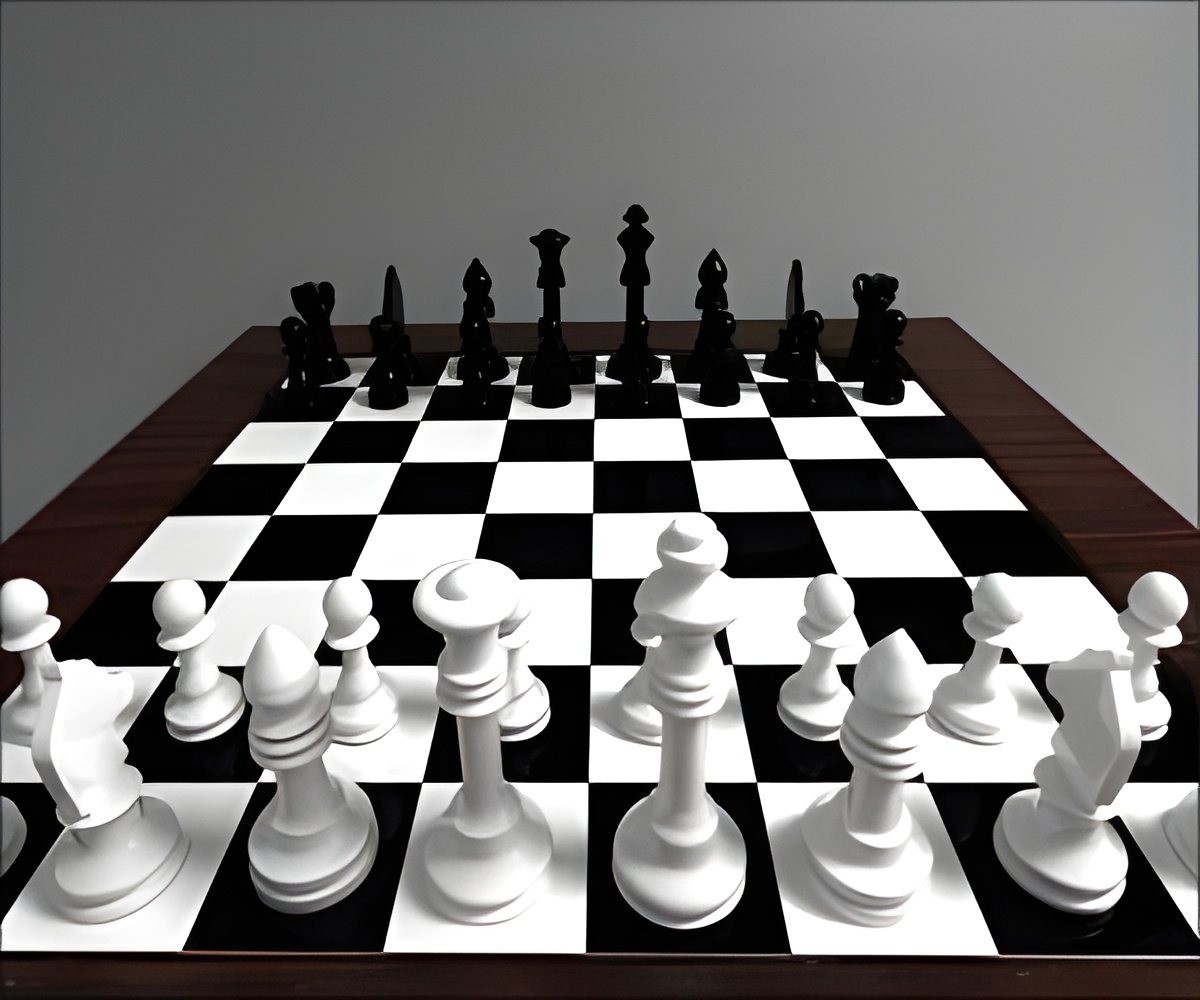Chess is not only a game of strategy, but also a tool for enhancing cognitive abilities and brain health.

- Playing chess enhances IQ, memory, and critical thinking abilities
- It encourages both logical and creative thinking
- Chess stimulates neuroplasticity and helps prevent dementia
Competition, rationality, intelligence, and good character have been linked with chess playing for quite sometime now. The recent success of the young Indian, Gukesh D, to become the youngest world chess champion has once again brought into lens the interesting and engaging game of chess. He has succeeded so immensely that not only has the world been enchanted by his performance but the game itself has been revived especially by young talents.
Despite being an entertainment and leisure, chess has many mental benefits attached to it that could even improve the brain functioning in so many ways. Whether a person is new to the game, or has been playing it for years, the game can be used to hone the brain, upgrade your intelligence, and ensure a lifetime full of brain-challenging activities. Here are five key benefits of playing chess:
Advertisement
Boosts Cognitive Skills and IQ
Chess helps you in achieving developmental milestones and lower risks of behavioral disorders, research reveals that playing chess enhances IQ causing advanced critical thinking skills. Another study conducted in Venezuela showed that students who took chess exam got higher marks in their IQ exam after they started playing chess than before. Chess stimulates the brain to plan for the next move, by being aware of future tactics which sharpens the brain and increases intelligence.
Advertisement
Chess Enhances Memory and Reading Skills
Chess entails players being able to remember patterns, strategies, and previous moves, most of which are helpful in improving the memory. It has been also observed that pupils who engaged themselves in this game have a great enhancement in the short term memory as well as long term memory. For students, it means improved retention of knowledge in class subjects; for adults it means improved memory as they grow older. Chess also helps to challenge the brain to recall facts and keep the mind efficient.
Advertisement
Improves Problem-Solving and Critical Thinking
Actually, chess is a set of challenging problems the solution of which requires logical thinking and planning. It contributes to the formation of the anticipation of foresight and the assessment of the possibilities and choosing the right one by reason. This skill extends into problem solving situations and therefore adult chess players are well equipped to handle problems in social, academic or business life.
Strengthens Creativity
Although chess is considered a logical one, there is still a place for creativity. It involves a lot of critical and strategic thinking in order to achieve perfect solutions for these conditions at the board. The research also revealed that students who play chess usually develop a higher level of creativity, especially in issues of originality and ideation. Chess can be played involving both thinking and creative processes of the brainâthe left and right side of the brain, respectively.
Protects Against Dementia
Chess is a fun way that improves the brain and is widely recommended in early indications or cured to slow or eradicate dementia. Research developed to demonstrate that playing such a game as chess lessens the tendency of developing Alzheimerâs disease and other related issues. Chess in particular should also be credited for stimulating the brain and thus the neuroplasticity of the brain, which is a function that slows down with age (1✔ ✔Trusted Source
Chess Practice as a Protective Factor in Dementia
).
Chess Improves Reading Skills
Chess also helps in enhancing the reading abilities of children. Children who play chess are likely to become better readers. Dr. Stuart Margulies conducted a study where children in the elementary school who were involved in a chess program recorded better performance in reading as compared to those who did not indulge in chess. Another study showed that chess players obtained higher performances on reading exams, and the results indicated that the improvement resulting from chess transcends the game (2✔ ✔Trusted Source
The Case for Chess as a Tool to Develop Our Children’s Minds
).
Chess Stimulates the Growth of Dendrites
Dendrites are branched structures in the brain that produce, transmit, and receive signals between the neurons. While learning a new game, dendrites are fired more, which makes the brain more powerful in processing information and producing critical thought. After acquiring the ability to play the game, one continues working on the techniques of the game and other elaborate techniques in the game, which increase the production of the dendrites and enhance the efficiency level of the human brain furthermore.
Chess is not a mere play; it is an activity that sharpens brain functioning. Whether you wish to enhance your memory, develop problem-solving skills or indeed would want to avoid the onset of dementia, chess has a whole lot to offer in terms of outcomes.
References:
- Chess Practice as a Protective Factor in Dementia – (https://pmc.ncbi.nlm.nih.gov/articles/PMC6617066/)
- The Case for Chess as a Tool to Develop Our Childrenâs Minds – (https://1library.net/article/case-chess-tool-develop-children-s-minds.y480v1vq)
Source-Medindia










